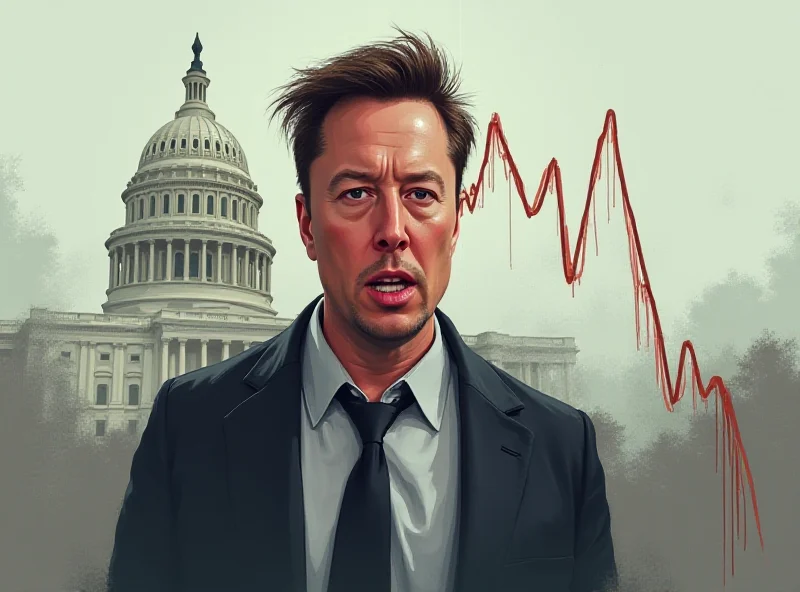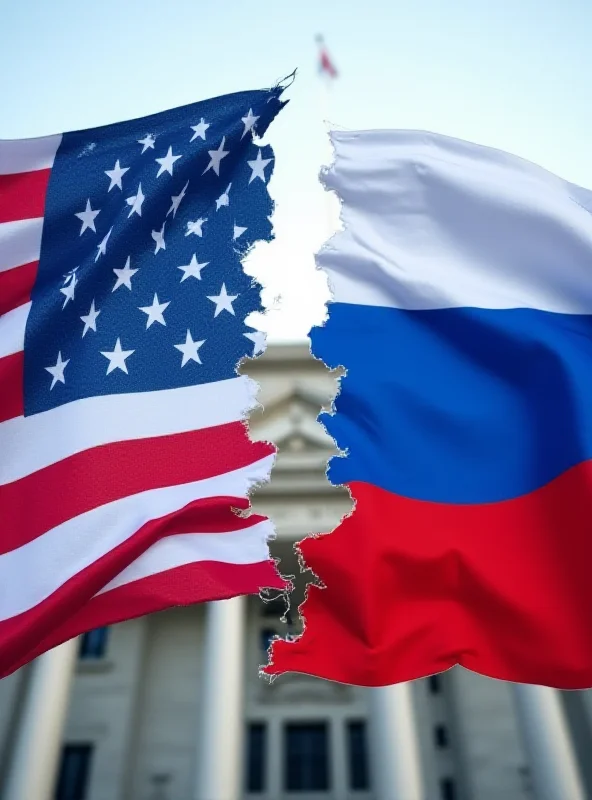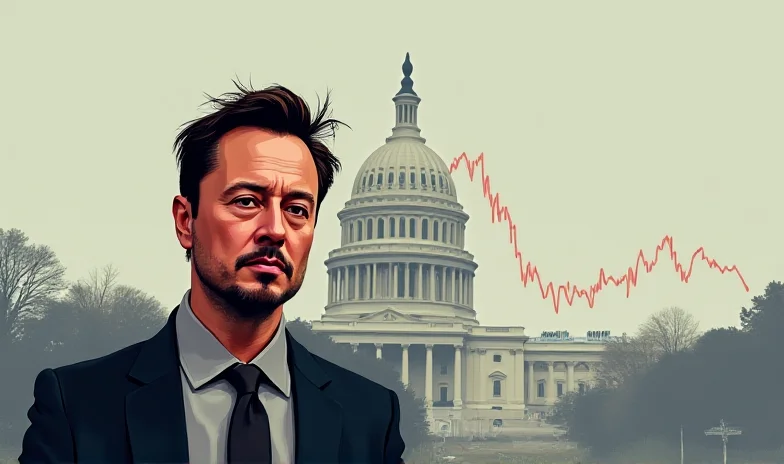The United States finds itself at a complex crossroads, grappling with internal dissent and shifting alliances on the global stage. Recent events highlight a potential realignment of US foreign policy and growing unease within its own government.
Internal Turmoil: Musk's Commission Faces Mass Resignation
Approximately one-third of the staff of the Commission for Government Efficiency, also known as the DOGE commission and led by Elon Musk, have collectively resigned, citing their refusal to use their technical skills to weaken the federal administration. This mass resignation underscores a deep ideological divide within the commission, tasked with slashing public spending and reorganizing the federal administration. In a letter, the resigning officials stated they would not use their skills "to weaken the state apparatus."

This internal strife paints a picture of a nation struggling to reconcile its goals with the ethical considerations of its workforce. The resignations highlight the tension between efficiency and the potential erosion of essential government services.
A Shifting Global Landscape: US Aligns with Russia at the UN
In a move that has sent shockwaves through the international community, the United States sided with Russia at the United Nations, voting against a resolution proposed by Ukraine and its European allies. This resolution aimed to end the war in Ukraine while preserving Kyiv's territorial integrity. This decision marks a significant departure from previous US policy and raises serious questions about the future of US-European relations.
Philippe Gélie, in his editorial, suggests a deeper rift, stating that "the United States openly sided with Russia and its allies, exposing the gaping rift that now separates it from Europe."

The implications of this "historic" alliance between the US and Russia are far-reaching and could reshape the geopolitical landscape. Some observers have even gone so far as to accuse the US of joining "the gang of brigands."
Ukraine: Resource Sharing and Unmet Promises
While the US has seemingly strengthened ties with Russia, its relationship with Ukraine remains complex. An agreement has been reached between Ukraine and the US regarding the sharing of Ukraine's natural resources. However, Kiev has reportedly failed to secure a written commitment from the US to continue providing military support in exchange for the economic benefits derived from this agreement. This lack of written assurance raises concerns about the long-term stability of US support for Ukraine.

These developments present a multifaceted challenge for the United States. Navigating internal dissent, shifting alliances, and complex international agreements will require careful diplomacy and a clear articulation of its strategic goals.
In related news, two CNRS researchers were arrested in Marseille after explosive devices were thrown at the Russian Consulate General, highlighting the volatile atmosphere surrounding these geopolitical shifts.
